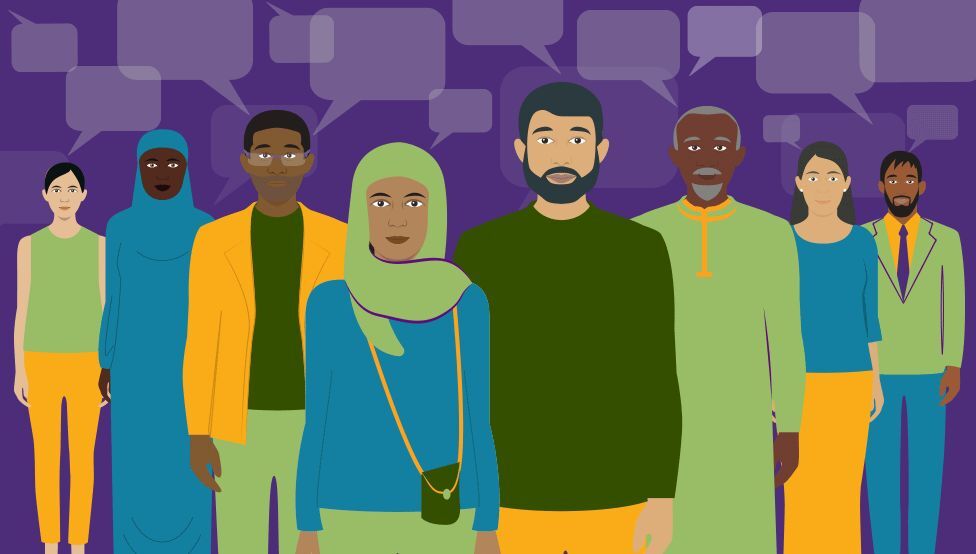10+ Issues Lebanese People Care About More Than Politics
… #7 Few job opportunities Degrees hang on the walls in Lebanese homes, serving as decor more than anything else. Many have had to leave the country in search of better jobs, but with the struggles of immigration, even that has become difficult. According to surveys, job creation in Lebanon was rated a deplorable 4%. Furthermore, Arab Barometer reported that…
Egypt, COVID-19, and the economy: A combustible mix?
Egyptians, known throughout the Middle East and North Africa (MENA) region for their flamboyant Ramadan celebrations, are experiencing a more subdued month of fasting this year. If the lack of merriment were the only casualty in the time of COVID-19, it might be tolerable. But the expected economic and social fallout is daunting. The International Monetary Fund (IMF) expects the…
In Egypt, the Coronavirus Poses a Political Threat
The pandemic has exposed the shortfalls of a government that has neglected the health sector for too long. n March 16, Egypt had 126 confirmed cases of the new coronavirus. By mid-April, that figure had reached 2,700. A week later, cases had grown by more than a third. While the outbreak is just beginning, Egypt’s fragile health care system is…
Can Protest Movements in the MENA Region Turn COVID-19 Into an Opportunity for Change?
COVID-19 has offered regimes in the region the opportunity to end popular protest. The squares of Algiers, Baghdad, and Beirut – all packed with protesters over the past few months – are now empty due to the pandemic, and political gatherings have also been suspended. In Algeria, Iraq and Lebanon, COVID-19 has achieved what snipers, pro-regime propaganda, and even the…
Recent killing in Lebanon sheds light on honor killings in the country
This week’s mass murder in the Lebanese area of Baakline is a reminder that honor killings, while less frequent in Lebanon compared to other Arab countries, are more commonplace in Lebanon than is typically thought. A man from the Harfouch family was detained today over the killing of 10 people including his wife, two brothers, and two Syrian children, a…
A crisis on top of a crisis; the fragility of Arab states
In chaos theory, the butterfly effect is the sensitive dependence on initial conditions in which a small change in one state of a deterministic nonlinear system can result in large differences in a later state. In his 2014 book “The Butterfly Defect”, Oxford Martin School Professor Ian Goldin warned against the increase in systemic risks as a result of globalization,…
